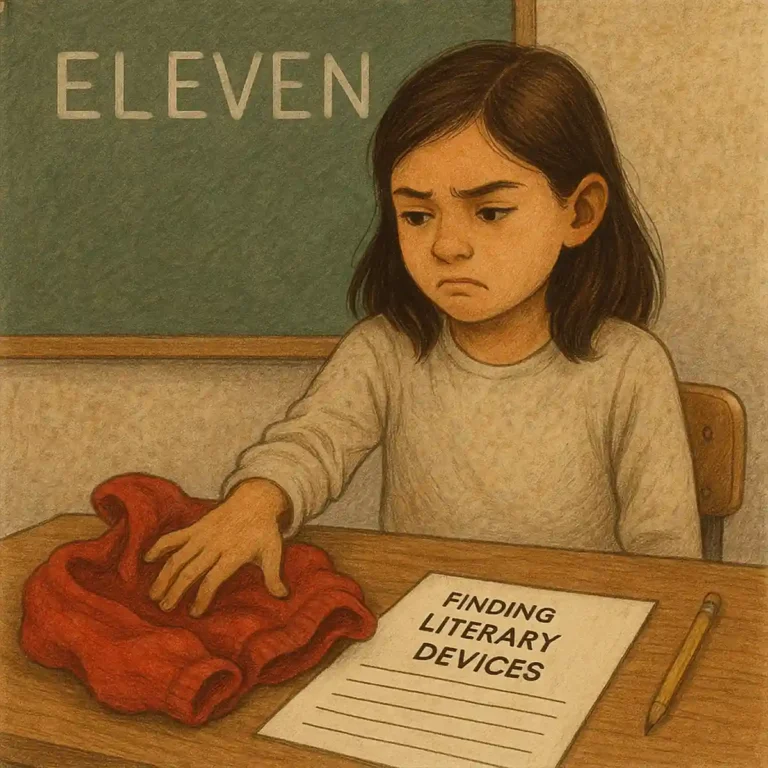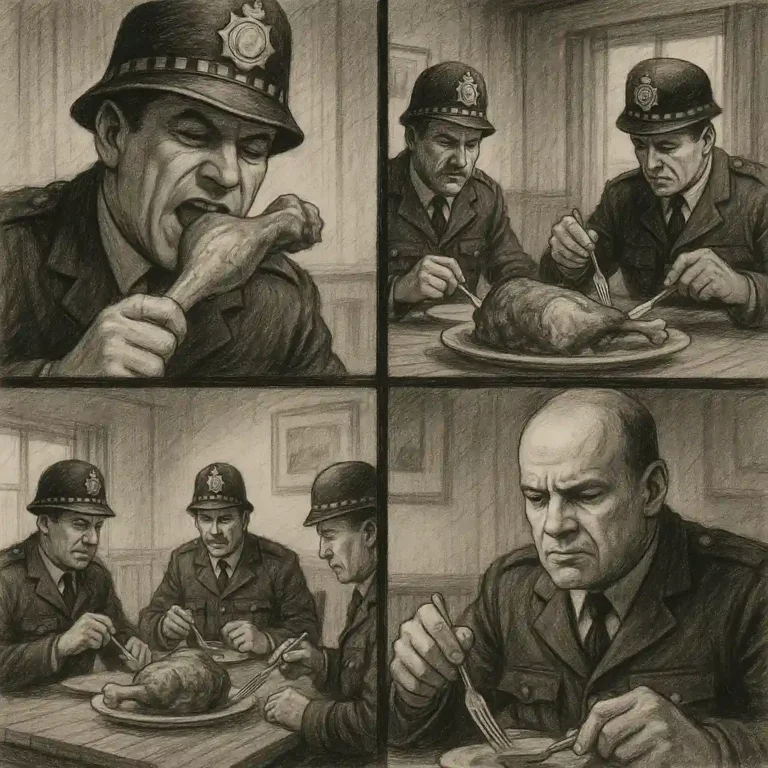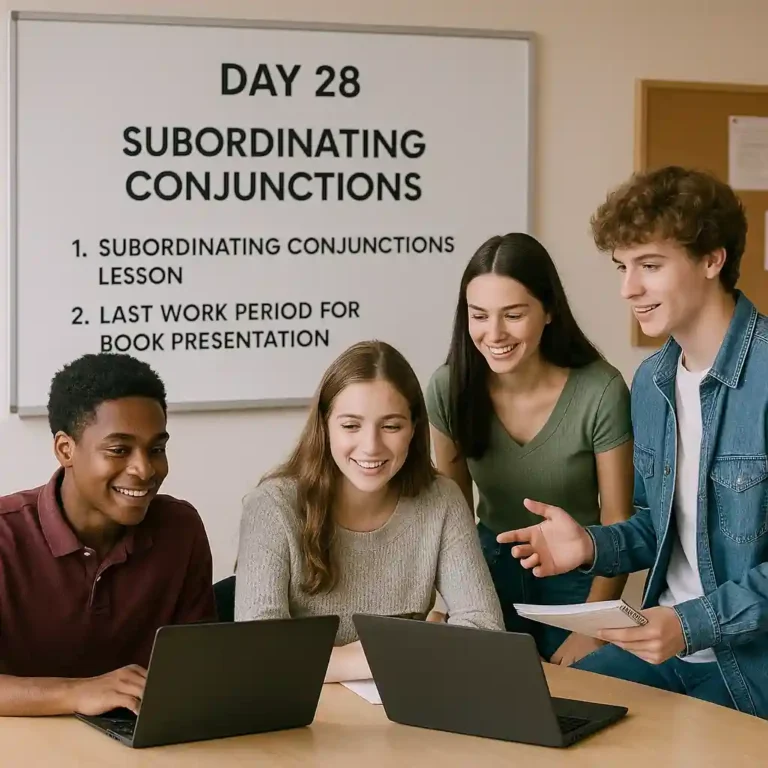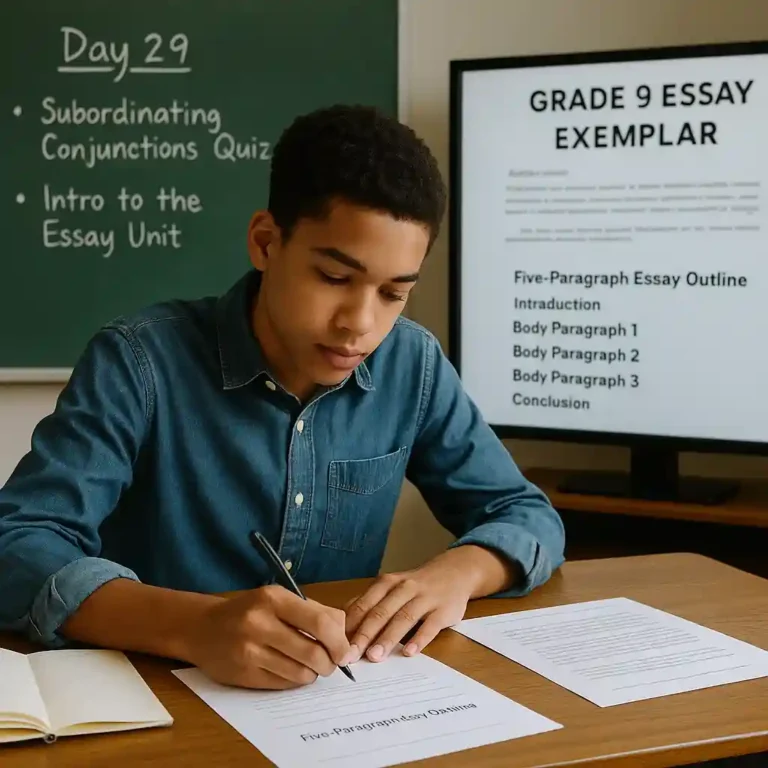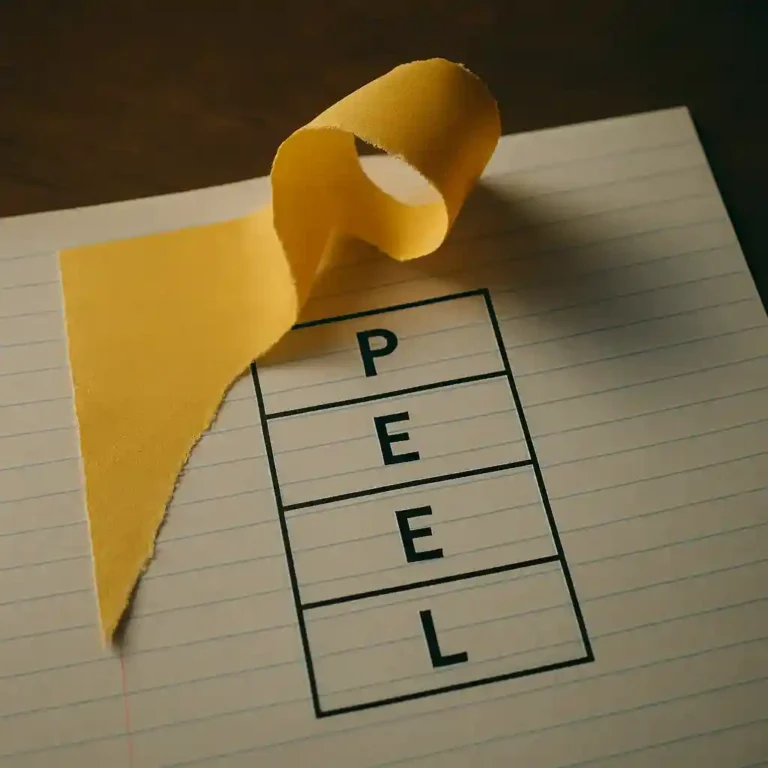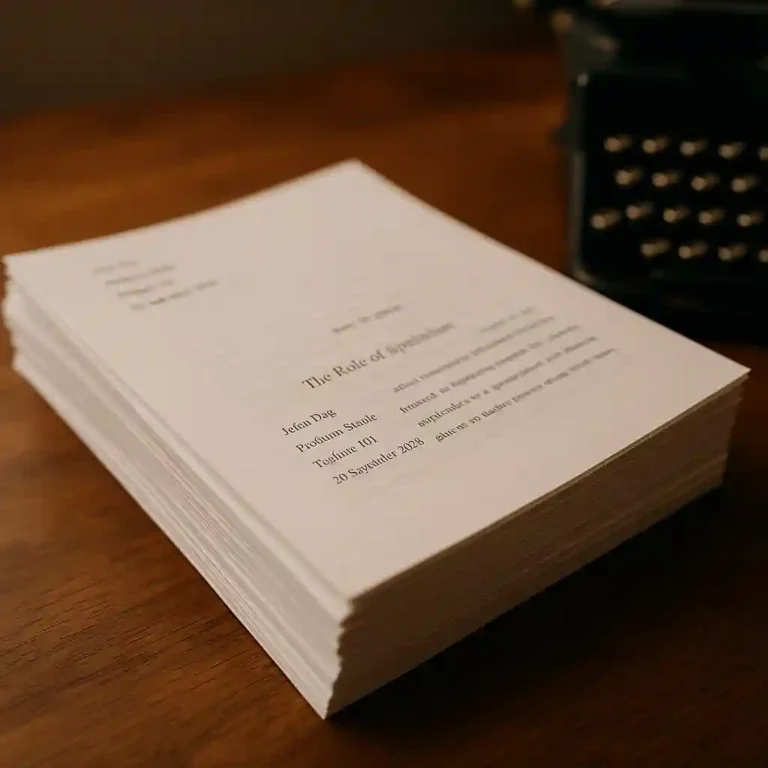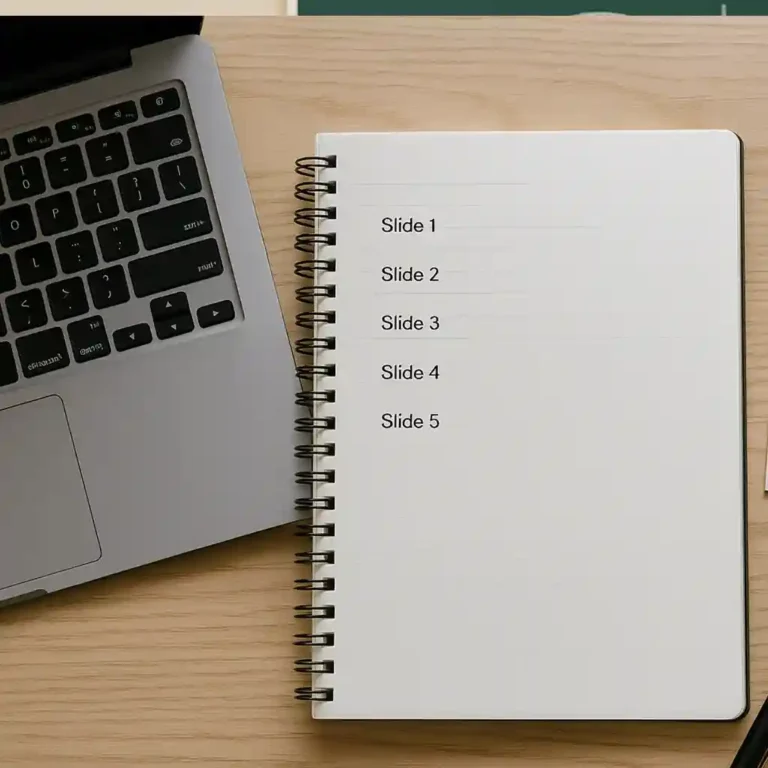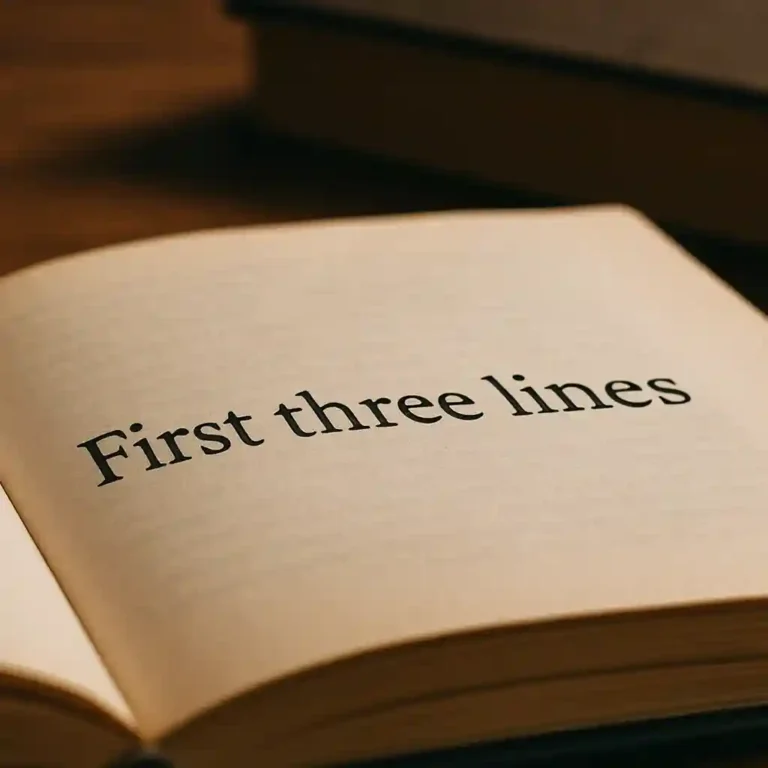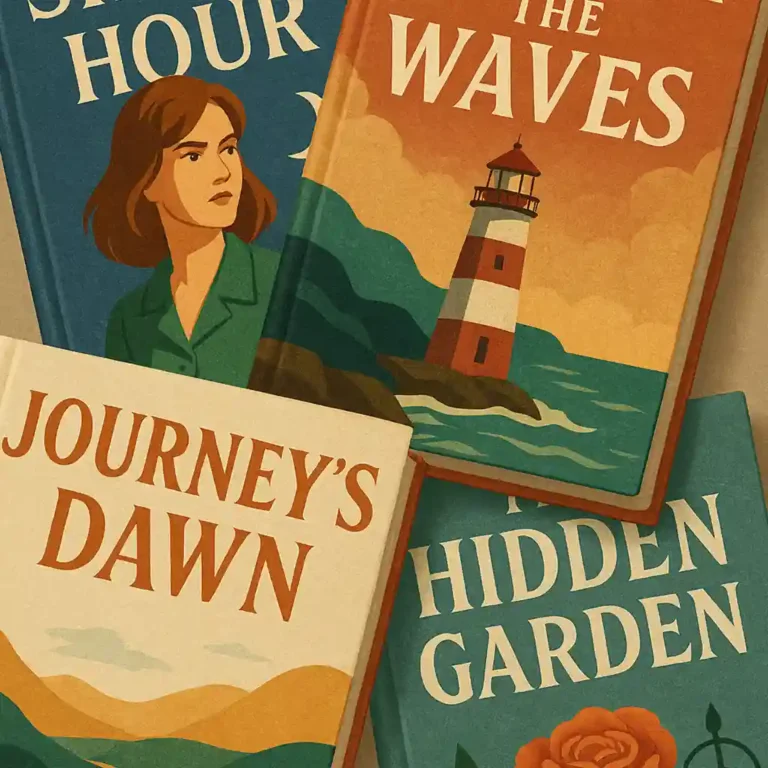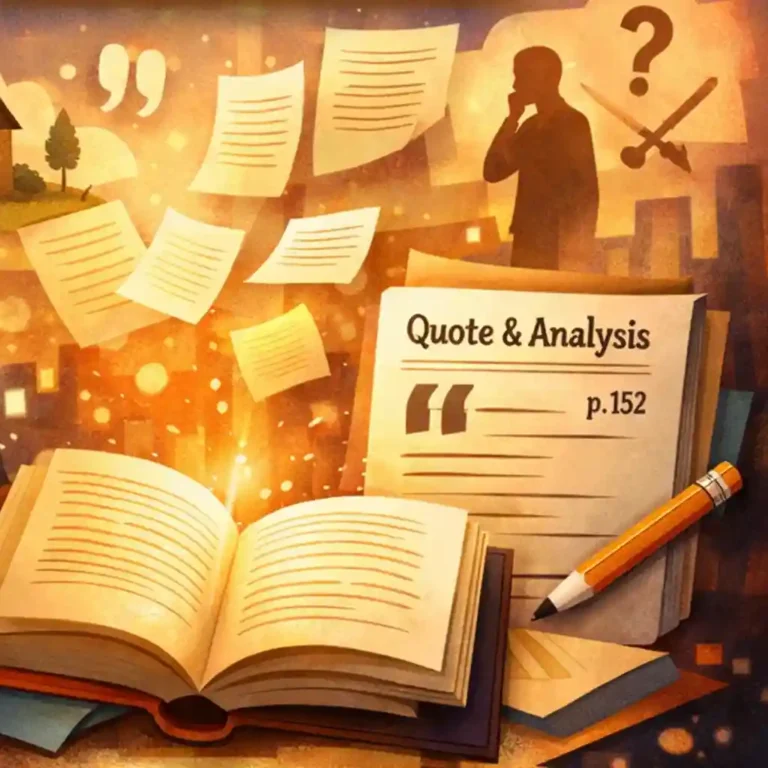Grade 9 English
This complete Grade 9 English course provides teachers with year-long lessons, activities, and assessments designed to meet curriculum goals and engage students in developing essential literacy skills.
Welcome to Grade 9 English
Welcome to the complete Grade 9 English course resource hub! This page provides day-by-day instructions, lessons, and assessments that follow a de-streamed Grade 9 curriculum. Inside, you’ll find ready-to-use materials, adaptable activities, and strategies to help you teach reading, writing, and critical thinking skills effectively throughout the year. Despite ending on “Day 60,” it takes me a full semester to get through this course — and I even cut some out of it! I hope you find it useful for your English class.
Day 1: Grit, Mindset & Starting Strong
Grade 9 English Day 1 – Todaylays the groundwork for a successful year. This lesson plan starts with a welcome and course overview, meets students through a “Getting to Know You” activity, and then builds momentum with Angela Lee Duckworth’s TED Talk on grit. Students will then begin the “Journey from Fixed to Growth Mindset” lesson—setting…
Day 2: Building a Literary Devices Glossary
Yesterday’s lesson set the stage for our Grade 9 English course with an introduction to growth mindset and community building. Today, we dive into the foundation of literary analysis: creating a literary devices glossary. This glossary will serve as a reference point throughout the semester as students practice identifying and using literary devices in their…
Day 3: Teaching Plot Lesson Plan for English
Day 3 is all about continuing our journey through literary elements, with a special focus on teaching plot. By now, students are starting to build a strong foundation for analyzing stories, and today’s lesson helps them connect reading, vocabulary, and key elements of fiction. Step 1: Library Visit and Reading Start class by taking students…
Day 4: Practice Identifying Plot English Lesson
By now, students have learned what plot is and why it matters. Today, we shift into practicing how to actually identify and map plot in action. This is where the concept starts to click for them, as they move from definitions to analysis. Step 1: Reading Log and Independent Reading Hand out the reading log…
Day 5: Literary Terms Quiz and Irony Lesson Plan
Lesson Flow 1. Independent Reading & Reading Log (15 minutes) Begin class by handing out the reading logs. Students will read silently for 10–15 minutes and record one important thing from their book. 2. Literary Terms Quiz (10–15 minutes) Administer the literary terms quiz using Google Forms (covering the first 15 terms from the glossary…
Day 6: Teaching Mood and Setting in Literature
Understanding mood and setting is essential for helping students see how authors bring stories to life. In this Day 6 lesson plan, students will explore how setting influences characters, events, and the overall feeling of a text. Through literary devices, journaling, and guided discussion, they’ll learn to identify the details that create atmosphere and connect…
Day 7: Learning About Character Lesson Plan
Day 7 is all about learning how authors create characters that feel real, flawed, and fascinating. Just like plot and setting, characters are the backbone of a story—without them, we’d have nobody to root for, argue with, or laugh at. Today, students will continue their independent reading, explore a new set of literary terms, and…
Day 8: Conflict in Fiction Lesson Plan
We’ve reached Day 8 of our Grade 9 English journey, and today’s focus is one of the most essential story elements: conflict in fiction. Every story needs conflict—it’s what drives the action forward and keeps readers turning the page. This lesson helps students recognize different types of conflict, finishing up their glossary work while also…
Day 9: Literary Terms Quiz and POV Lesson Plan
Day 9 is here, and it’s time to put some of those new skills to the test! Today’s focus is a literary terms quiz, followed by a quick dive into point of view in fiction. Afterward, students will reflect on point of view in their own novels through journaling. This lesson balances assessment, learning, and…
Day 10: Creating a Literary Devices Poster
Today’s lesson gives students a chance to show off their creativity while deepening their understanding of literary devices. By creating a literary devices poster, students will combine definitions, examples, and visuals into a polished piece of classroom-ready work. Posters are not only fun to make but also help reinforce key concepts in a way that’s…
Day 11: Finding Theme in Literature Lesson Plan
When it comes to literature, theme is one of those big ideas that students often struggle with. Sure, they can spot a simile from across the room or identify rising action without breaking a sweat, but ask them what the story really means, and you might hear crickets. That’s why today’s focus is on finding…
Day 12: Practice the Elements of Fiction Lesson Plan
Today, we’re digging deeper into the elements of fiction by applying them to one of my favorite short stories: Eleven by Sandra Cisneros. This relatable and powerful story is perfect for showing how character, conflict, setting, and theme all come together to create meaning. Here’s how the day is structured: 1. Silent Reading (15 minutes)…
Day 13: Capitalization Lesson and Fiction Review
Day 13 is all about sharpening grammar skills while keeping our momentum with literary analysis. Today’s focus: a capitalization lesson that refreshes students on the rules they think they know but often forget in practice. After that, we’ll return to Sandra Cisneros’ Eleven to continue logging the elements of fiction. Lesson Flow Silent Reading –…
Day 14: Finding Literary Devices in Fiction Lesson Plan
1. Silent Reading (15 minutes) As always, begin class with 15 minutes of silent reading. Encourage students to log their thoughts or track themes, characters, or devices they notice in their independent novels. 2. Quick Quiz on Capitalization Follow up the reading session with a short quiz on capitalization rules. This reinforces yesterday’s lesson while…
Day 15: Commas Lesson and Literary Devices
Today’s lesson plan blends reading practice with grammar and literary analysis. Students will begin with their independent novels, then move into a commas lesson that links to a detailed guide, and finally, wrap up their worksheet work on Eleven. Lesson Flow 1. Silent Reading – 15 MinutesStart the class with quiet, focused reading. This consistent…
Day 16: The Short Story Storyboard Activity
Today’s class moves us into the creative world of scriptwriting and a storyboard activity. Students will practice their analytical and visual storytelling skills while working with Roald Dahl’s short story Lamb to the Slaughter. Lesson Flow: 1. Silent Reading (15 minutes)Start the class with 15 minutes of silent reading. This routine helps students build stamina…
Day 17: Engaging Students with a Scripting Lesson
Welcome to Day 17 of our Grade 9 English journey! Today, we keep the momentum rolling with a scripting lesson that pushes students further into the world of storytelling. By now, they’ve already had some practice with script and storyboard activities, and today’s class is dedicated to giving them time to expand and refine their…
Day 18: Colons Lesson Plan and Final Script & Storyboarding
Today’s class has a nice balance of structure and creativity. Students will begin with silent reading, followed by a focused colons lesson plan, and finish with time to polish their scripts and storyboards. This lesson wraps up our writing and storytelling unit, so it’s a chance for students to bring together everything they’ve been working…
Day 19: Silent Reading, Colons Quiz, and The Curio Shop
1. Silent Reading – 15 Minutes As always, begin class with focused silent reading. Students should log one idea, theme, or image from their independent reading that stood out to them today. 2. Colons Quiz Introduce today’s colons quiz. This is a short check-in to reinforce the punctuation rules learned yesterday. Get the Quiz and…
Day 20: Mysteries of The Curio Shop Lesson Plan
Today’s lesson keeps us deep in William Kotzwinkle’s The Curio Shop. Students will wrap up the questions they began yesterday, then move on to a fresh set of prompts that focus on the elements of fiction. 1. Silent Reading – 15 Minutes As always, we’ll begin with quiet reading time. Students should log an important…
Day 21: The Interlopers and Semicolons Lesson Plan
Today’s class will guide students through independent reading, a quick grammar review, and then dive into the classic short story The Interlopers by Saki (H.H. Munro). This story is perfect for exploring irony, plot twists, and how setting can shape a story’s meaning. 1. Silent Reading Begin class with 15 minutes of silent reading. Students…
Day 22: Semicolons Quiz and The Interlopers Questions
Welcome to Day 22! Today’s class begins with some quiet reading time before jumping into a short grammar assessment on semicolons. Afterward, we’ll return to our short story study and finish The Interlopers questions from yesterday. Lesson Flow 1. Silent Reading – 15 minutesAs always, start the day with sustained silent reading. Encourage students to…
Day 23: Elements of Fiction Review Using Gore
1. Silent Reading – 15 Minutes As always, begin class with 15 minutes of silent reading time. Encourage students to continue their independent reading novels and to look for strong examples of characterization, conflict, and theme as they read. This primes their thinking for today’s review activity. 2. Read the Short Story, Gore Get the…
Day 24: Literary Device Review With a Taskmaster-Style Classroom Challenge
Students will review 15 key literary devices in a creative, high-energy classroom competition modeled after Taskmaster. Materials Needed: Whiteboard and markers Envelopes or cards with each literary device written inside Props (simple classroom objects like paper, markers, random items for creative tasks) Scoring sheet Optional: silly hat, wig, or crown for the “Taskmaster” Lesson Flow…
Day 25: Short Story Test – Assessing Student Understanding of Fiction
Today marks the end of our short story unit with the short story test. This assessment gives students the opportunity to demonstrate their understanding of the elements of fiction we’ve explored—plot, character, conflict, setting, point of view, and theme. It’s a great way to see how well they can apply their learning to new stories…
Day 26: Book Presentation Lesson Plan – Sharing Your Reading Journey
1. Coordinating Conjunctions Lesson Before the book presentation instructions, start with a quick grammar warm-up! Students will complete the coordinating conjunctions lesson. This short activity keeps grammar skills sharp before diving into their culminating task. Get the full lesson here. 2. Introduction to the Book Presentation Sample Slideshow (in PDF)Student InstructionsMarking Template It’s finally time…
Day 27: Coordinating Conjunctions Quiz and Book Presentation Work Period
Today’s lesson focuses on sharpening grammar skills with a coordinating conjunctions quiz and advancing presentation work. We’ll begin with a quick grammar quiz to test understanding of coordinating conjunctions—those small but mighty words that join ideas together. After the quiz, students will have time to work on their book presentations, preparing slides and refining their…
Day 28: Subordinating Conjunctions and Book Presentation Work Period
Subordinating Conjunctions Welcome to Day 28 of our English unit! Today’s focus is on subordinating conjunctions — those little words that help connect ideas and show relationships between them. We’ll begin with a quick lesson on subordinating conjunctions. These are words like because, although, if, when, and since — words that create dependent clauses and…
Day 29: Grade 9 Essay Exemplar and Outline Planning
Today’s class begins with a short grammar quiz and then transitions into a brand-new writing unit: the opinion essay! This marks a shift from reading and analyzing fiction to expressing personal viewpoints through structured writing. Lesson Flow 1. Subordinating Conjunctions Quiz Begin class with the subordinating conjunctions quiz. This will serve as a quick review…
Day 30: Book Presentations, Celebrating Reading and Communication Skills
Today’s class is all about student book presentations—a chance for everyone to share what they’ve been reading, demonstrate their comprehension, and practice public speaking skills. This is the culmination of the reading unit, and it’s one of my favorite days because it highlights how different books spark different ideas, interests, and perspectives in the classroom….
Day 31: PEEL Paragraphs and Correlative Conjunctions
Today’s lesson begins by building the foundation students need to write strong PEEL paragraphs, one of the most effective structures for clear and organized writing. Before jumping into paragraph construction, we’ll start with a quick refresher on correlative conjunctions—pairs of words like either/or and not only/but also that help connect ideas smoothly and add balance…
Day 32: Refining Writing with the AI PEEL Paragraph Helper and Correlative Conjunctions Quiz
1. Correlative Conjunctions Quiz Start today’s class by reviewing correlative conjunctions. Students have already been introduced to pairs like either/or, neither/nor, and not only/but also. This short quiz will check for understanding before moving forward. Encourage students to take their time—remind them that strong grammar skills support better paragraph writing. Once the quiz is complete,…
Day 33: How to Use MLA Formatting Lesson Plan
Today’s lesson begins with a brief grammar refresher, but the real focus is on MLA formatting, one of the most essential skills students will use in academic writing. MLA formatting provides a consistent, professional structure that helps readers follow ideas, locate evidence, and understand citations clearly. Whether students are writing literary essays, research assignments, or…
Day 34: Teaching Introductory Paragraphs in Grade 9 English
1. Simple Present Tense Quiz Before diving into today’s writing lesson, students will begin with a simple present tense quiz. This short activity helps reinforce grammatical accuracy, which is essential for clear and professional writing. Encourage students to review their answers carefully, paying close attention to verb forms and subject-verb agreement—both of which often sneak…
Day 35: How to Write Strong Concluding Paragraphs for Grade 9 Essays
Simple Past Tense Today begins with a quick grammar refresher on the simple past tense—a foundational skill that helps students describe completed actions clearly and effectively. I’ll include a link to the full lesson, which will review how to form and use the simple past tense, including regular and irregular verbs. This short review strengthens…
Day 36: MLA Works Cited and Simple Past Tense Quiz
Today’s lesson is all about helping students bring their essays to a professional finish with properly formatted MLA Works Cited pages. After a brief grammar warm-up, the class will dive into how to list and format their sources using MLA guidelines. Students will learn why acknowledging sources matters and how attention to detail can elevate…
Day 37: MLA In-Text Citations and Linking Verbs Lesson Plan
Today’s class focuses on polishing writing fundamentals and building strong research skills. Students will begin with a quick review of linking verbs—a grammar cornerstone that helps improve sentence clarity. Next, they’ll move on to the essential skill of creating MLA in-text citations, learning how to properly give credit within their essays. Finally, any remaining time…
Day 38: Essay Checklist, Rough Draft Completion, and Linking Verbs Quiz
Today’s lesson is all about refinement. Students are moving from draft writers to editors of their own work. Before we can polish and perfect our essays, we need to make sure every essential element is in place—from proper MLA formatting to well-structured paragraphs by using an essay checklist. Think of this stage as tightening the…
Day 39: Peer Editing, Interrogative and Imperative Verbs
Today’s class is all about collaboration and refinement. Students have spent the past several days building their essays—now it’s time to polish them through peer editing. By sharing their writing and giving constructive feedback, students will develop stronger revision skills and learn to see writing from a reader’s perspective. After a short grammar mini-lesson, students…
Day 40: Novel Study Introduction and Verbs Quiz
Today marks the start of our novel study — one of the most exciting and rewarding parts of the English program! This is where students get to dive deep into storytelling, character development, and themes while building their own interpretations and connections. We’ll begin class with a short grammar quiz to keep skills sharp, then…
Day 41: Lit Circle Goals, Setting Purpose and Direction
There’s something exciting about the first day of literature circles—fresh books, fresh starts, and that spark of curiosity in the air. Today’s lesson helps students not only dive into their new novels but also set meaningful goals for their reading journey. By the end of class, students will have their books, a schedule, and a…
Days 42 & 43: A Pre-Reading Project That Builds Curiosity and Context
Pre-reading activities are some of my favourite moments in a literature circle unit. Students haven’t cracked open the book yet. There’s excitement, mystery, and just enough uncertainty to keep curiosity buzzing in the classroom. Days 42 and 43 are built around that energy with a pre-reading project designed to help students explore the social, cultural,…
Day 44: Using the First Three Lines to Spark Deeper Reading
Today’s lesson uses something deceptively simple—the first three lines of a students’ independent reading novel—to help them slow down, observe, and start uncovering the author’s early clues about the world of the story. Even the shortest opening can reveal remarkable hints about setting, character, tone, and conflict. Students often rush past these early details, so…
Day 45: Reading Lesson Plan: Exploring Setting, Character, and Gerunds
Welcome to Day 45! Today’s lesson blends focused reading time, a quick grammar check-in, and individual literary analysis. I like this day because it quietly reinforces the idea that strong reading habits and small moments of reflection add up to big gains over time. Plus, the gerunds quiz helps keep students accountable for grammar skills…
Day 46: Types of Conflict Lesson Plan — Helping Students Track Story Tension
As we move deeper into our novel studies, conflicts are starting to bubble up—some quietly, some loudly, and some we’re not even sure how to label yet. Today’s lesson is designed to help students recognize the conflicts that are developing and start thinking about where those tensions might lead. It’s a simple, collaborative task that…
Day 47: Emerging Themes in Literature Lesson and Active vs. Passive Voice
Today’s class blends reading, grammar, and literary thinking in a way that helps students build strong habits as readers and writers. We begin with time to immerse ourselves in our novels, then shift into a brief introduction to active vs. passive voice. Finally, we move into a theme hunt—a guided activity that teaches students how…
Day 48: Gathering Text Evidence While Reading
One of the biggest shifts students make in Grade 9 English is learning that opinions don’t stand on their own—they need proof. This lesson is designed to slow students down and help them notice what the author is doing and where that evidence lives in the text. The focus today is simple and powerful: gathering…
Day 49: Analyzing Character Change Lesson Plan
I begin today by reminding students that stories don’t move forward only through events—they move forward through people. Characters change, sometimes quietly, sometimes dramatically, and strong readers notice when and why that change happens. I let students know that today’s focus is on: noticing character growth during reading, briefly revisiting participles as a descriptive tool,…
Day 50: Understanding Narrative Point of View in Book Clubs
Today’s lesson sits right at the intersection of reading comprehension and critical thinking. When students understand who is telling the story — and how much that narrator knows — their interpretations become sharper, more skeptical, and far more interesting. In book clubs especially, narrative point of view matters. Two students can read the same chapter…
Day 51: Climax Prediction Lesson Plan That Helps Understand the Turning Point
Today’s lesson is all about anticipation. By this point in the novel, students can usually feel that something big is coming—even if they can’t quite articulate it yet. This is the perfect moment to slow things down and ask students to think like authors and careful readers. I introduce the idea that most stories build…
Day 52: Teaching Political Cartoons Through Literature
Political cartoons are one of my favourite teaching tools because they force students to do real thinking—no skimming, no guessing, no shortcuts. Students have to interpret symbolism, understand context, and infer meaning, all while engaging with humour and exaggeration. This lesson connects political cartoons directly to our novel study, helping students move from analysis to…
Day 53: Teaching Symbolism in Literature Lesson Plan
This lesson is designed to help students move beyond what happens in a story and start thinking about what it means. Symbolism and imagery are powerful tools for helping students uncover deeper themes, character motivations, and author intent—no matter what novel they’re reading. I like this lesson because it’s flexible. You can drop it into…
Day 54: Unanswered Questions and Surprises in the Novel
I begin today’s lesson by reframing confusion as a strength. I tell students that strong novels want readers to feel unsettled at times. When authors leave questions unanswered or introduce surprising moments, they’re inviting readers to think, predict, and interpret—not just follow the plot. I explain that today’s focus is noticing moments that feel strange,…
Day 55: Novel Reflection Lesson Plan: What Will Students Remember a Year From Now?
I like to start by telling students that today is about meaning, not marks. We’re stepping back from chapters and assignments and asking what this novel actually did to us as readers. I usually frame it like this: “You won’t remember every character or event, but some books leave something behind. Today we’re figuring out…
Day 56-60 Culminating Activity Lesson Plan: A Multi-Day Assessment for Any Novel
By this point in the novel study, students have done the heavy lifting: reading closely, discussing ideas, tracking themes, and practicing key skills. This culminating activity is designed to bring all of that thinking together in a clear, structured, and fair way. For me, this will act as a course culminating activity, but you could…
Grade 9 English Exam Review and Sample Exam: Bringing It All Together
Every time I reach the end of a Grade 9 English course, I feel a mix of relief, pride, and a little bit of nostalgia. This course has been a joy to develop and refine over time—full of novels, short stories, grammar “aha” moments, and thoughtful conversations that remind me why I love teaching English…













